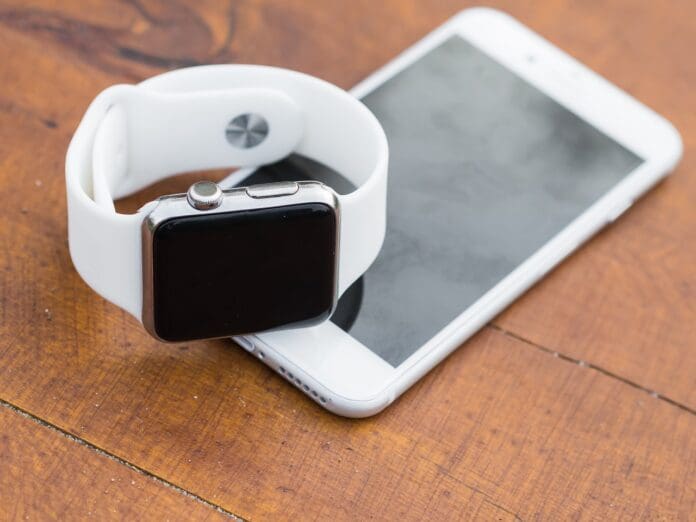This post is also available in:
 עברית (Hebrew)
עברית (Hebrew)
In recent years, smartwatches have become more common. Useful for athletes who want to track their achievements, patients who want to track their health, or ordinary people who want to be able to pay with their wrist, it is understandable why a wide range of people is attracted to the convenience they offer. However, a new Charles Darwin University (CDU) study exposes that the sensitive information that they collect can also easily be exploited by hackers.
In a paper, titled “Vulnerability Analysis and Exploitation Attacks on Smart Wearable Devices”, the researchers delved into the security weaknesses of various smart wearable devices, ranging in price from $25 to $150, to uncover the potential risks associated with these technologies.
Smart wearables, which are used to track health metrics, monitor fitness, and perform medical tests, often utilize Bluetooth Low Energy (BLE) technology. While BLE is efficient in conserving battery life, it tends to compromise security. The study, led by Dr. Bharanidharan Shanmugan, a Lecturer in Information Technology at CDU’s Faculty of Science and Technology, involved hacking these devices to understand their vulnerabilities and the extent of accessible and exploitable data, according to TechXplore.
Dr. Shanmugan and his team successfully connected to these devices, gaining access to sensitive information. They demonstrated that they could manipulate various health metrics, such as adjusting pulse rates and viewing detailed data on a user’s location, time spent, heartbeat, blood pressure, and ECG readings. This capability raises serious concerns about data misuse.
The team warned that the data could potentially be exploited by medical companies for targeted marketing or to create detailed user profiles. Worse, it could lead to increased identity theft, financial loss, and unauthorized access to sensitive information. Further, compromised health data could be used for blackmail or physical harm, particularly to vulnerable populations, such as the elderly. Additionally, there is the risk of corporate espionage, where valuable intellectual property could be stolen, potentially resulting in costly lawsuits that could jeopardize companies’ financial stability.
The researchers emphasized the urgent need for manufacturers to enhance security measures, given the increasing popularity of smart wearables.


























